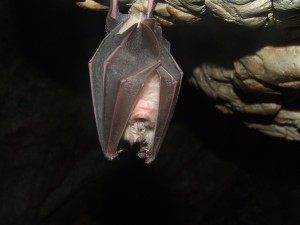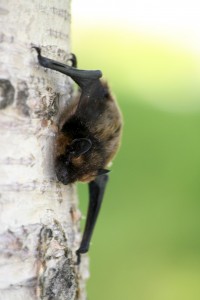
Raccoons may have a reputation for carrying rabies and it’s warranted. Raccoons are the number one animal to contract rabies. In fact, raccoons make up about 30% of all animal cases of rabies; bats, skunks, and foxes follow them. It’s important to protect yourself and your family from animal pests, especially rabid animal pests. Below are our 6 top signs that a raccoon is rabid.
Top 6 Signs That a Raccoon is Rabid
1. Walking strangely – If you see a raccoon that is walking in circles, or walking like it has partially or fully paralyzed hind legs, it most likely has rabies.
2. Look confused or disoriented – Raccoons typically look alert and interested in what they’re doing. A rabid raccoon will be lethargic.
3. Foaming at the mouth – Foaming at the mouth or drooling are classic signs of rabies. This is due to choking caused by the virus. Avoid any contact with a raccoon that exhibits this sign of rabies.
4. Making strange noises – Though raccoons are chatty, a rabid raccoon will be making bizarre or wild noises.
5. “Weeping” eyes – A rabid raccoon has a goopy, weepy appearance to their eyes.
6. Aggression – Raccoons typically retreat when approached, but a rabid raccoon may start a fight with your pets, or even you.
Mistaken Signs
Raccoons are typically nocturnal and most active at night. It is a common misconception that any raccoon active during the day is rabid. If the raccoon exhibits standard raccoon behavior, besides being active during the day, it probably is not rabid.
When To Call Pest Control
Call animal control if the raccoon pestering your home exhibits any of the top 6 signs that a raccoon is rabid. Stay away from the raccoon at all costs and keep children and pets indoors or away. Rabies is a very serious virus that can cause serious health issues to pets and humans alike. Call pest control immediately to have rabid raccoons safely removed from your property.





